Understanding California Penal Code 417(PC 417)

Introduction
In California, brandishing a weapon is a serious criminal offense that can result in significant legal consequences. Under California Penal Code 417 PC, it is illegal to draw or exhibit a deadly weapon in a rude, angry, or threatening manner in the presence of another person. This law is designed to prevent individuals from using weapons to intimidate, threaten, or harm others and to promote public safety and order.
In this comprehensive guide, we’ll explore the critical elements of Penal Code 417 PC, including the definition of brandishing a weapon, the penalties for a conviction, and the available legal defenses. We’ll also discuss related offenses and answer frequently asked questions about this law.
Definition of Brandishing a Weapon
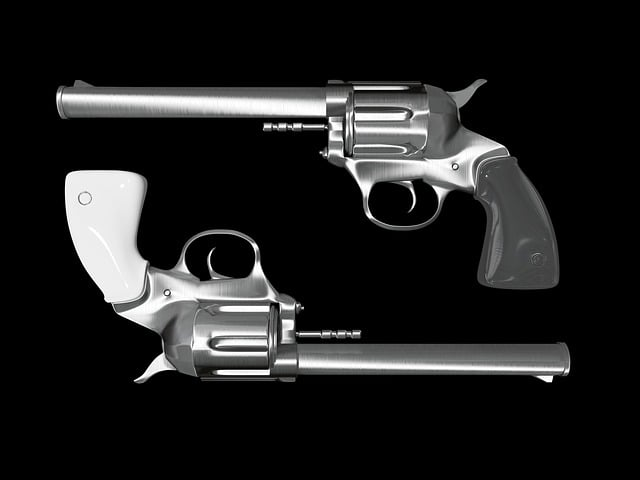
Under California Penal Code 417 PC, brandishing a weapon is defined as drawing or exhibiting a deadly weapon in a rude, angry, or threatening manner in the presence of another person. This includes:
- Drawing or exhibiting a firearm, whether loaded or unloaded
- Drawing or exhibiting any deadly weapon, such as a knife, baseball bat, or other object that can be used to inflict serious bodily injury or death
- Using the weapon in a way that is intended to intimidate, threaten, or cause fear in another person
It’s important to note that simply possessing or carrying a weapon is not enough to constitute brandishing. The key element is how the weapon is used or displayed and its effect on other people.
Related Terms: misdemeanor offense, peace officer engaged, both that fine, weapon or firearm
Penalties for Brandishing a Weapon
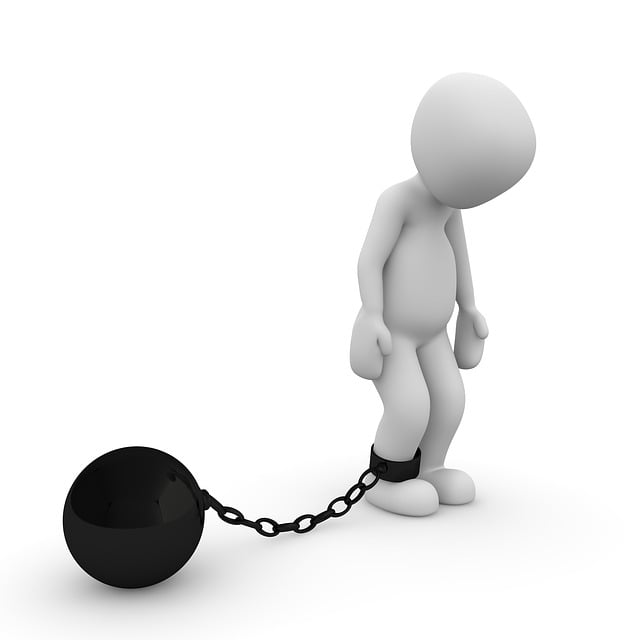
The penalties for brandishing a weapon under Penal Code 417 PC depend on the specific circumstances of the offense and the defendant’s criminal history. In general, brandishing a gun can be charged as either a misdemeanor or a felony, depending on the severity of the offense and the type of weapon involved.
Misdemeanor Brandishing
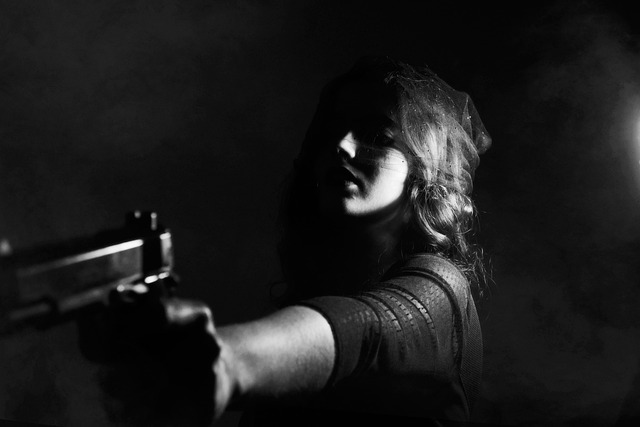
Most cases of brandishing a weapon are charged as misdemeanors, which carry the following penalties:
- Up to one year in county jail
- A fine of up to $1,000
- Informal probation
- Mandatory completion of an anger management or firearms safety course
Felony Brandishing

In some cases, brandishing a weapon may be charged as a felony, particularly if the offense involves a firearm or if the defendant has a prior conviction for a similar offense. Felony brandishing carries more severe penalties, including:
- 16 months, two years, or three years in California state prison
- A fine of up to $10,000
- Formal probation
- Loss of gun rights
- Potential immigration consequences for non-citizens
Legal Defenses to Brandishing a Weapon
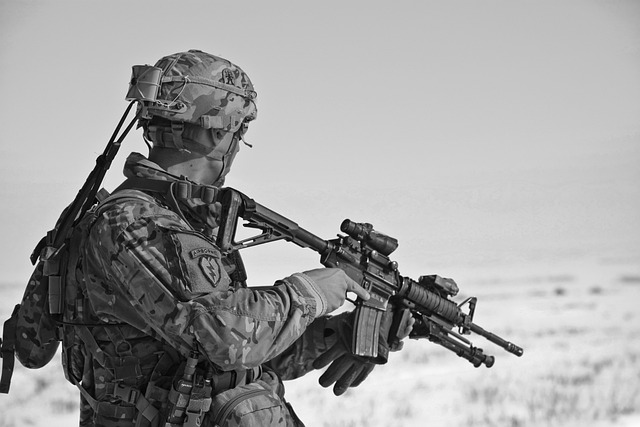
If you have been charged with brandishing a weapon under Penal Code 417 PC, several legal defenses may be available to you, depending on the specific facts of your case. Some common defenses include:
Self-Defense or Defense of Others
If you used or displayed a weapon to defend yourself or another person from imminent harm or danger, you may be able to argue that your actions were justified under the law. To succeed with this defense, you must be able to show that you reasonably believed that you or someone else was in immediate danger of suffering bodily injury or death and that using or displaying the weapon was necessary to prevent that harm.
Lack of Intent

To be convicted of brandishing a weapon, the prosecution must prove that you acted with the specific intent to intimidate, threaten, or cause fear in another person. If you can show that you did not have this intent or that your actions were accidental or unintentional, you may be able to avoid a conviction.
Insufficient Evidence
As with any criminal case, the prosecution bears the burden of proving each element of the offense beyond a reasonable doubt. Suppose there is insufficient evidence to support a conviction for brandishing a weapon, such as a lack of credible witnesses or physical evidence. In that case, you may be able to have the charges reduced or dismissed.
False Accusations

In some cases, individuals may falsely accuse others of brandishing a weapon out of anger, jealousy, or a desire for revenge. If you can show that the accusations against you are false or motivated by ulterior motives, you may be able to challenge the credibility of the prosecution’s case.
Related Offenses
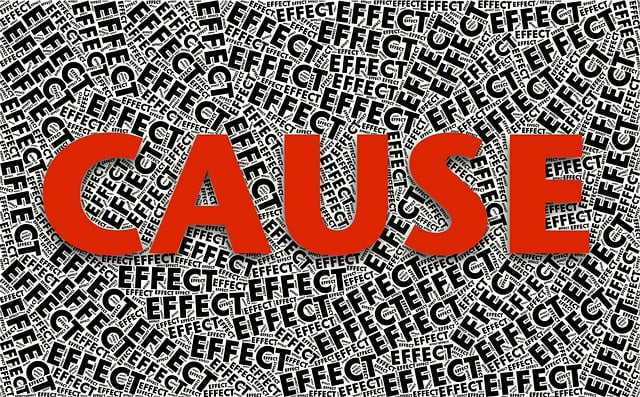
In addition to brandishing a weapon under Penal Code 417 PC, several related offenses may be charged in connection with the use or possession of a deadly weapon. These include:
- Penal Code 245(a)(1) PC – Assault with a deadly weapon
- Penal Code 21310 PC – Carrying a concealed dirk or dagger
- Penal Code 25400 PC – Carrying a concealed firearm
- Penal Code 26350 PC – Openly carrying an unloaded handgun in public
Each of these offenses carries its own set of penalties and legal defenses. Depending on the circumstances of the case, it may be charged in addition to or instead of brandishing a weapon.
Frequently Asked Questions

1. What is considered a deadly weapon under Penal Code 417 PC?
Deadly weapons are any object or instrument that is capable of causing death or great bodily injury. This can include firearms, knives, baseball bats, brass knuckles, and other objects that are used in a threatening or aggressive manner.
2. Can I be charged with brandishing a weapon if I didn’t touch or use the gun?
Yes, you can be charged with brandishing a weapon even if you did not physically touch or use the gun. The critical element is that you displayed or exhibited the weapon in a rude, angry, or threatening manner in the presence of another person.
3. What if I brandished a weapon in self-defense?
If you used or displayed a weapon to defend yourself or another person from imminent harm or danger, you may be able to argue that your actions were justified under the law. However, you will need to be able to show that you reasonably believed that you or someone else was in immediate danger of suffering bodily injury or death and that using or displaying the weapon was necessary to prevent that harm.
4. Can I be charged with brandishing a weapon if I brandished an unloaded gun?
Yes, you can be charged with brandishing a weapon even if it is unloaded. The law does not distinguish between loaded and unloaded weapons regarding brandishing.
5. What should I do if I am charged with brandishing a weapon?
Suppose you are charged with brandishing a weapon under Penal Code 417 PC. In that case, it is essential to seek the advice and representation of an experienced criminal defense attorney as soon as possible. An attorney can help you understand your legal rights and options and can work to build a strong defense on your behalf.
Conclusion
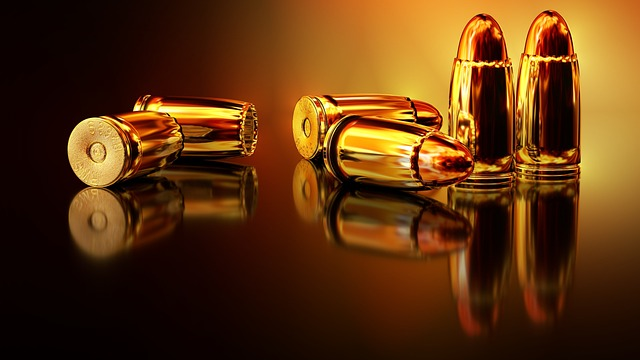
Brandishing a weapon is a serious criminal offense in California that can result in significant legal consequences, including jail time, fines, and a criminal record. Suppose you have been charged with brandishing a weapon under Penal Code 417 PC. In that case, it is crucial to take the charges seriously and to seek the advice and representation of an experienced criminal defense attorney.
By understanding the key elements of the offense, the available legal defenses, and the potential penalties, you can make informed decisions about your case and work to achieve the best possible outcome. With the right legal guidance and support, you may be able to avoid a conviction or minimize the impact of the charges on your life and future.

Related Terms: criminal defense lawyers, a loaded firearm, law enforcement officer, California penal code section, deadly weapon whatsoever, imitation firearm, law enforcement officer performing,













